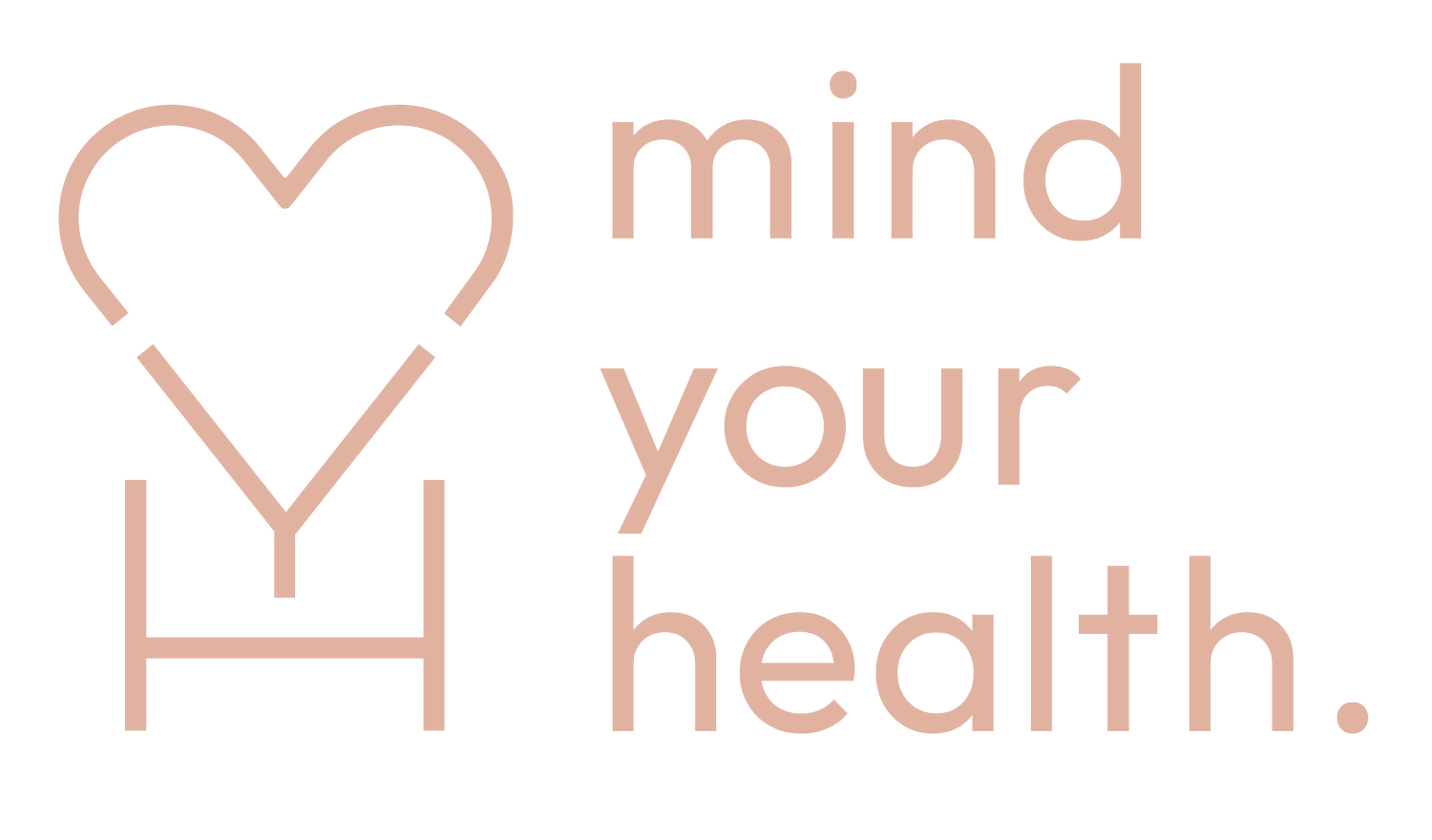What is Cognitive Behavioural Hypnotherapy?
CBH is an evidence-based approach to hypnotherapy that focuses on identifying and changing negative thought patterns and behaviours.
It is used to treat a variety of anxiety disorders, including panic attacks, phobias and unwanted habits. Hypnosis is a state of focused attention, heightened suggestibility and deep relaxation. Combining these approaches helps to facilitate behavioural change, reduce anxiety, pain perception and manage stress more effectively than using a stand-alone approach.
Our approach consists of using an integration of Cognitive Behavioural Therapy, Hypnosis and Acceptance and Commitment therapy bespoke to each individual client.
If you’re unsure on what CBH is and what to expect, let’s talk through the basics…
-
It is a state of mind, with heightened attention and increased suggestibility. We achieve this state by being fully relaxed and focussing purely on my voice. You will be in control throughout and will remember everything.
-
Hypnosis can feel different for everyone, as our levels of imagination and perception vary. You might experience details in sound, colour, feelings or smells, or maybe experience time moving differently to normal. You might feel relaxed and sleepy, or refreshed and energised. There is no right or wrong.
-
In short: yes!
-
Motivation is key, you need to be committed to the process to see results.
My approach is very much a balance of East meets West: Eastern philosophies, strong values and mindfulness, and Western evidence based scientific research.
-
There is no one-size fits all approach for CBH, so we will agree a treatment plan together with specific goals.
Our Techniques & Interventions
Explore some of our CBH toolkit here – we use a variety of these to tailor a program for each client’s presenting symptoms and cognitive needs.
-
CBH aims to identify and challenge distorted thought patterns that contribute to anxiety disorders and bodily sensations. This can involve examining unrealistic expectations and catastrophic thinking patterns.
-
Hypnotherapy can enhance the desensitization process by helping clients establish a sense of safety and control while gradually facing their fears. Hypnotherapy can help individuals become desensitised to anxiety-inducing triggers by promoting a state of deep relaxation while gradually introducing anxiety-provoking thoughts or situations.
-
CBH emphasises the connection between thoughts, emotions, and physical sensations. By using hypnotherapy to explore this connection, individuals can gain insight into how their thoughts contribute to their anxiety and learn to manage it more effectively.
-
The therapist educates the client, explaining the physiological and psychological aspects of anxiety, pain, and panic disorders. This knowledge can help reduce the fear associated with these symptoms. This knowledge empowers individuals to recognise signs of stress and take proactive steps to manage it.
-
Hypnotherapy can facilitate relaxation through techniques such as guided imagery and deep breathing. Clients learn to use these techniques during moments of anxiety or panic to promote a sense of calm. Hypnotherapy techniques, such as progressive muscle relaxation can help individuals relax their mind and bodies.
-
These techniques help individuals manage stress by focusing their attention on the present rather than worrying about the past or future.
-
Gradual exposure to the target situations of the anxiety is a key component of CBH. In hypnotherapy, the therapist might guide the client through these exposures in a controlled, relaxed state to reduce anxiety responses, or phobic triggers.
-
This CBH technique focuses on engaging in rewarding and fulfilling activities to counteract the effects of anxiety. Hypnotherapy can assist in boosting motivation and encouraging individuals to participate in activities that promote positive emotions and behavioural change.
-
CBH teaches individuals effective coping strategies to manage anxiety in real-life situations. This can include techniques like thought stopping, thought diffusion, and mindfulness, which can be enhanced with hypnosis.
-
These are integrated into the process to teach individuals effective coping skills, such as problem-solving, pacing activities, and using adaptive self-talk. These skills can empower individuals to better manage feelings of anxiety, pain-related challenges, and bodily sensations.
-
CBH can help identifying the triggers and situations that lead to an undesired habit, panic attack or feelings of anxiety.
-
These can be given to help individuals manage stress more effectively. These suggestions aim to promote a sense of calm, confidence, and resilience.
-
CBH can boost self-confidence by enhancing self-efficacy by using hypnotic techniques to foster a sense of control and confidence in managing anxiety. Clients can be guided to visualise themselves successfully facing anxiety-provoking situations.
-
Through hypnotherapy, individuals can learn to reinterpret pain sensations as different sensations, such as warmth, coolness, or numbness, which can reduce the intensity of pain perception, or hot and cold flashes.
